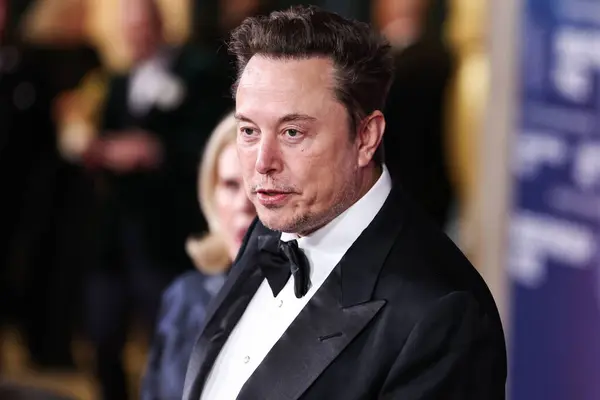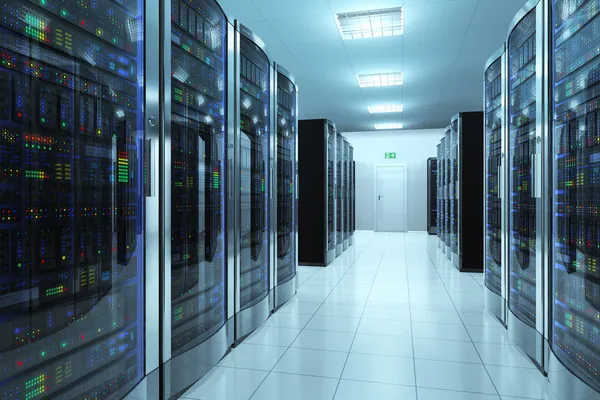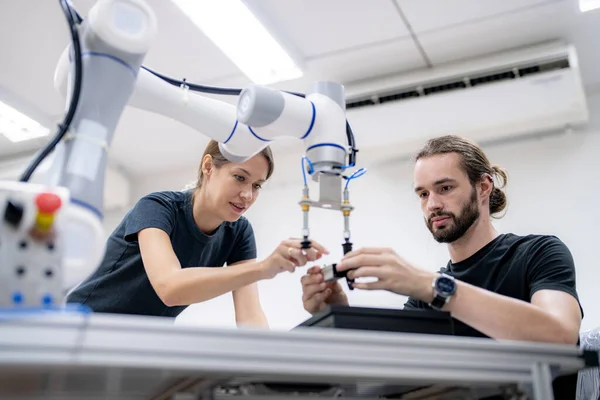
What happens to human purpose when Elon Musk says, “AI and robots will replace all jobs”? To some, it is a very exciting vision of abundance to others, it’s a warning shot. Musk’s most recent comments-liking future work to a hobby, “like growing your own vegetables”-landed in a climate already tense with reports that Amazon could automate up to 75% of its operations. While the company disputes the scale, the broader trend is undeniable automation is accelerating, and the conversation about how society adapts is moving from speculative to urgent.

1. The ‘AI Dividend’ and Musk’s Utopian Framing
Musk’s optimism relies on things being “close to free,” enabled by tens of billions of robots. It’s an echo of an AI dividend-a sort of societal payout from automation profits that Pete Buttigieg has discussed this year. If AI is built on collective knowledge and infrastructure, the thinking goes, its rewards should be collectively shared. But how cheaper goods translate into a secure livelihood is less clear, without some mechanism for the distribution of wealth in a jobless economy.

2. The Uneven Impact on Jobs and Inequality
As the “godfather of AI,” Geoffrey Hinton, has said, “it will make a few people much richer and most people poorer.” IMF analysis suggests that in advanced economies, 60% of jobs could be disrupted by the introduction of AI. Half of those will be at risk of reduced demand and wages. In contrast, in emerging markets, disruption might be less immediate but could see inequality widening over the longer term. Polarization might also be stark, with workers adept at harnessing AI gaining in wages while others fall behind.

3. Psychological Resilience in an AI-Driven Workplace
Studies show that the adoption of AI could increase job stress and burnout, especially if it changes roles, increases workload, or erodes autonomy. According to the JD-R model, AI is a kind of “job demand” that depletes emotional and cognitive resources. Yet, self-efficacy-the confidence in learning and using AI-emerges as a protective factor. People who feel able to adapt are less likely to show spikes in stress.

4. Universal Basic Income as a Safety Net
UBI is gaining traction as a potential new social contract. Over 38 pilots since 2015 show encouraging effects on poverty reduction, health, and wellbeing. It’s funding that remains the sticking point. Proposals are everything from consumption taxes to land value taxes, but one of the most compelling is “robot tax,” an idea first mooted by Bill Gates taxing automation at rates commensurate with the wages of workers it displaces. This can directly link AI economic gains to citizen support, smooth transition, and address inequality.

5. The Dignity Question
Hinton doubts that UBI could ever replace the self-worth derived from work alone “UBI won’t deal with human dignity,” he says, alluding to the psychological benefit of having a place in the world. Deeper questions include if work were an option, where does meaning come from? Solutions may involve reimagining education, civic engagement, and creative pursuits as primary sources of identity.

6. Environmental Costs of AI Expansion
Beyond labor markets, widespread AI adoption has numerous other environmental repercussions: data centers consume considerable amounts of electricity and water they already are causing increasing energy costs and resulting emissions. It will be of utmost importance that in balancing the benefits of AI with sustainability practices, one crisis is not replaced with another.

7. Early Lessons from Manufacturing
Evidence from China’s manufacturing suggests that AI can improve mental health through better working conditions-reducing “dull, dirty, and dangerous” tasks and improving safety. For low-skilled and older workers, such gains are significant. Benefits, however, are distributed unevenly, and without policy intervention, they might bypass younger or highly skilled workers.

8. Building an Inclusive AI Transition
The IMF’s AI Preparedness Index underlines that countries with strong digital infrastructure, education systems, and social safety nets are best positioned to manage the shift. For advanced economies, this means pairing innovation with robust regulation. For developing nations, it’s a case of laying the foundations-investing in skills and connectivity before AI’s wave hits.

As automation moves from factory floors to corporate offices, so does the urgency of designing systems that protect livelihoods and dignity. Whether through an AI dividend, UBI, or new forms of civic participation, the challenge is clear that a “work optional” future be not only technologically possible but also socially sustainable.


